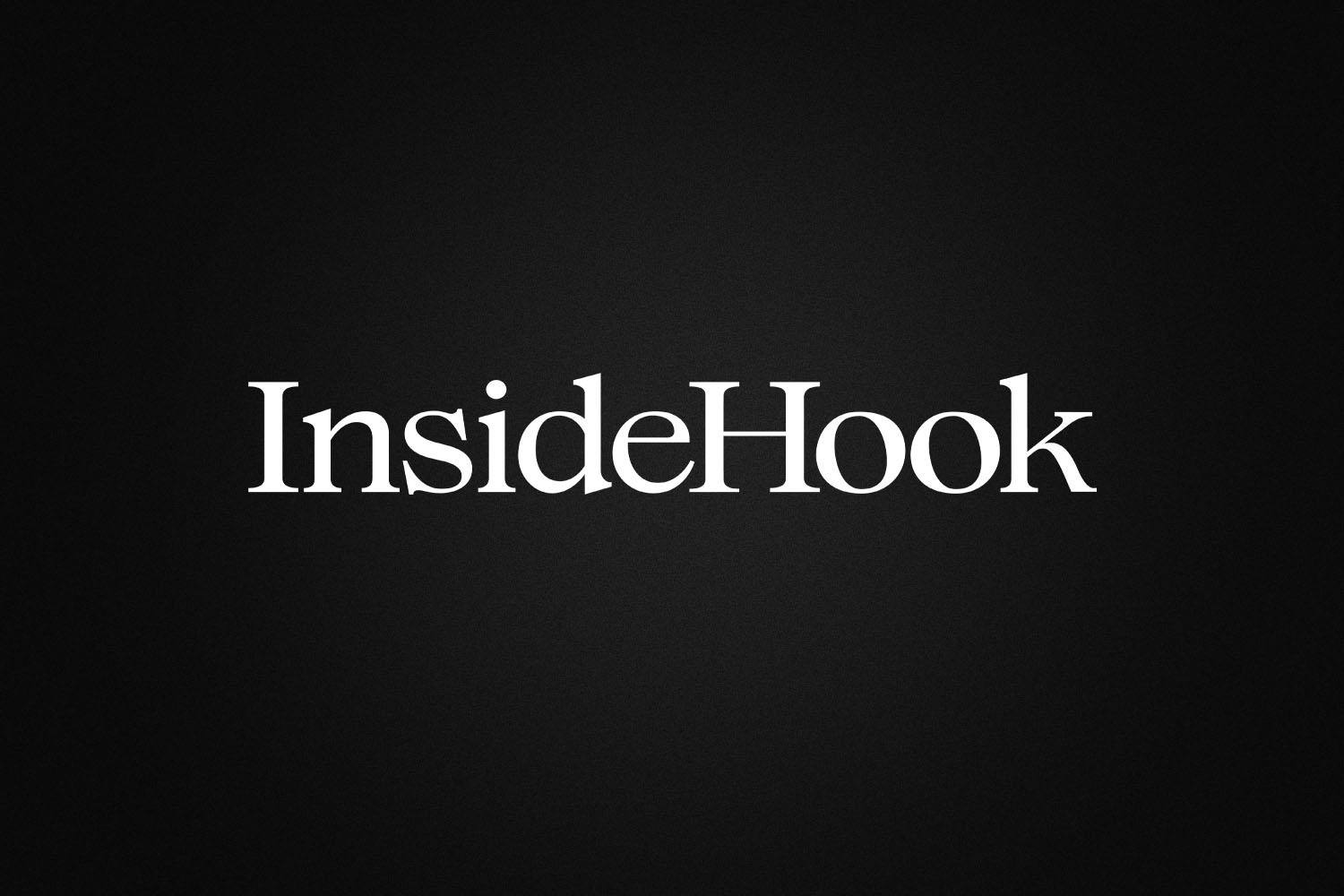Chris Cornell deserved more.
The singer, who passed away Wednesday night at the age of 52 after a show in Detroit (it may or may not have been suicide), possessed an unearthly howl that propelled bands like Soundgarden, Audioslave and Temple of the Dog to multi-platinum status, critical acclaim and stadium tours. But even with his success, Cornell never seemed to reach the iconic status of the late Kurt Cobain or Pearl Jam’s Eddie Vedder.
Which is a shame. Growing up 30 minutes outside of Seattle in the late ’80s, it was fascinating to watch the ascension of grunge — which no one outside of the city’s musical enclave really believed was going to be a movement. There were some general thoughts: Mudhoney were the godfathers of the scene; Nirvana was a noisy, indie upstart; Mother Love Bone was a classic rock band in disguise; Tad was the weighty underdog … And two bands — Soundgarden and Alice in Chains — were there actually doing the hard work of elevating the genre beyond a very insular “scene.”
While on the indie label SST, Soundgarden somehow landed a Grammy nom (for Best Metal Performance) in 1990, well ahead of the grunge explosion. Their major label debut, Louder Than Love, earned positive reviews in Rolling Stone, landed the group an arena tour with Danzig and saw their video for the first single, “Loud Love,” debut on both MTV’s modern-rock mainstay 120 Minutes and the metal-focused Headbanger’s Ball — an unheard-of crossover that portended the noisy alt-rock revolution to come.
(One personal memory: During Seattle’s annual Bumbershoot Festival in 1989, it was Soundgarden who earned the big arena stage, while Alice in Chains and Mother Love Bone played decidedly smaller side venues. I also had a poster of Cornell in a Jesus Christ-like pose on my wall. To me, he was a yet-to-be-recognized rock god.)
Again, this was all pre-Nevermind. Cornell’s banshee wail, coupled with his group’s Sabbath/Zeppelin riffs and occasional lo-fi psychedelic ruminations, made the group feel right at home with metal, classic rock and the indie/punk crowd. They were cool, but not too cool. Loud but accessible.
They were also the rare group that improved with age, as follow-up records Badmotorfinger and Superunknown added layers (and hooks!) to the band’s meaty riffs. As well, Cornell’s 1991 side project Temple of the Dog — a quieter rumination on his late friend Andrew Wood (of Mother Love Bone) — proved that he could rein in those powerful pipes and work in a more reflective space. Which is something he also accomplished with the solo track “Seasons” and the more gentle, acoustic soundtrack work he did for the grungy rom-com Singles in 1992.
The man also possessed a sense of humor: note the Aerosmith dig “Big Dumb Sex” on Louder Than Love, the cover of “One Minute of Silence” on Ultramega OK (which is exactly what it sounds like … or doesn’t sound like) and the mock Satanic voice that intros “Searching With My Good Eye Closed” on Badmotorfinger.
If nothing Cornell did after 1996 was that memorable — some confusing solo albums (including one with Timbaland), a not-so-supergroup with 3/4 of Rage Against the Machine called Audioslave (which still produced a few standout tracks like “Doesn’t Remind Me” and “Like a Stone,” both of which were more akin to Temple of the Dog songs), a so-so reunion with Soundgarden — it doesn’t take away from the man’s legacy.
When all is said and done, Chris Cornell was the forerunner of grunge, one of the music world’s best and most powerful vocalists, and, for about eight years, the frontman of one of the most consistently great rock bands that ever existed.
RIP to a legend.
(Photo: Buda Mendes/Getty Images)
This article was featured in the InsideHook newsletter. Sign up now.
